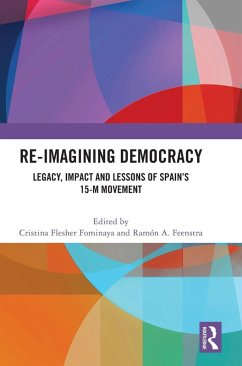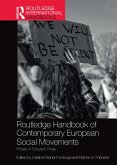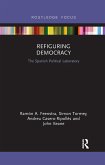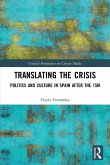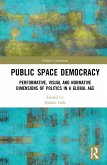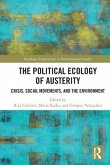This interdisciplinary book draws on leading scholarship on one of the most influential and consequential social movements of the past decades: Spain's 15-M movement. The volume explores the legacy, impact and outcomes of the movement, and the lessons it offers for understanding mobilization in times of crisis.
The book opens with a theoretical reconsideration of the positive ways social movements can impact democracy, moving the field forward significantly. It also offers rich case studies to explore a range of areas of interest to social movement scholars. Chapters explore the biographical consequences of participation in social movements; how memories of the movement inspired new mobilizations; the reciprocal influence between the 15-M movement and feminist economics; how urban democracy was transformed by municipalism arising from the movement; how the movement generated a "Caring democracy" in the face of the Covid pandemic; and how it gave rise to a new radical democratic media ecosystem. The book explores the movement's political economy as well as reflects on one of its unintended consequences: the rise of the penalization of counter-hegemonic protest in contemporary Spain. Although focused on a single emblematic movement, it offers significant insights and lessons for scholarship on contemporary politics and movements.
Re-imagining Democracy provides a valuable resource for scholars and students interested in the challenges faced by contemporary democracies, the dynamics of social movements in times of crisis, and the profound impact of social movements on contemporary democracy. The chapters in this book were originally published as a peer-reviewed special issue of Social Movement Studies.
The book opens with a theoretical reconsideration of the positive ways social movements can impact democracy, moving the field forward significantly. It also offers rich case studies to explore a range of areas of interest to social movement scholars. Chapters explore the biographical consequences of participation in social movements; how memories of the movement inspired new mobilizations; the reciprocal influence between the 15-M movement and feminist economics; how urban democracy was transformed by municipalism arising from the movement; how the movement generated a "Caring democracy" in the face of the Covid pandemic; and how it gave rise to a new radical democratic media ecosystem. The book explores the movement's political economy as well as reflects on one of its unintended consequences: the rise of the penalization of counter-hegemonic protest in contemporary Spain. Although focused on a single emblematic movement, it offers significant insights and lessons for scholarship on contemporary politics and movements.
Re-imagining Democracy provides a valuable resource for scholars and students interested in the challenges faced by contemporary democracies, the dynamics of social movements in times of crisis, and the profound impact of social movements on contemporary democracy. The chapters in this book were originally published as a peer-reviewed special issue of Social Movement Studies.

